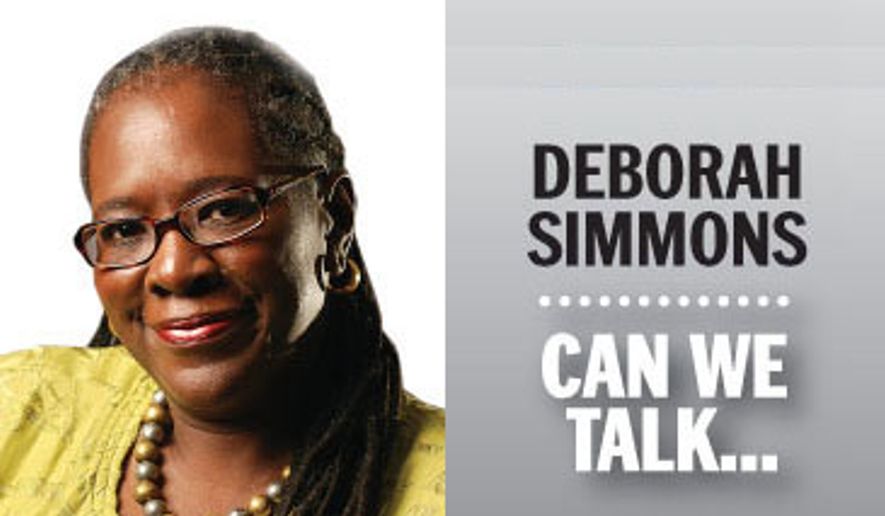ANALYSIS/OPINION:
“Race” is a movie I hope to see this weekend when it hits the theaters.
The film is a snapshot in time, and its title is a double entendre, focusing on the races of its central characters and the foot races of Jesse Owens, the grandson of American slaves. “Race” is intriguing for all those reasons.
“Race” is also a draw because race is a most pivotal aspect in this week’s South Carolina Republican primary, next week’s South Carolina Democratic primary and the upcoming Super Tuesday elections, which look more like an SEC showdown than a race among Republicans and Democrats.
The year 1936 was the year of repeats, in a way. Owens had won four gold medals for the U.S. at the Summer Olympics in Hitler’s Berlin, and Franklin Delano Roosevelt and John Nance Garner were running for the White House for a second time. The latter was the type of conservative absent from today’s presidential race, while the former was the type of wealthy politician whose out-of-sight/out-of-mind Democratic politics much of America has forgotten.
FDR’s White House didn’t employ race mixing. He didn’t even allow whites and blacks to break bread together. And he didn’t take a color-blind approach in 1939, when renowned singer Marian Anderson was to perform at the Daughters of the American Revolution’s Constitution Hall. Eleanor Roosevelt and Labor Secretary Harold Ickes intervened on his behalf, and Anderson’s voice rang out instead at the Lincoln Memorial. Ickes also drew the straw that led to meetings with black Americans and FDR’s post-Great Depression Works Progress Administration.
SEE ALSO: Muriel Bowser, D.C. mayor, outlines workforce-training plan
But FDR had his eyes cast on another golden prize — hence, the Democratic Party pushed for another Roosevelt-Garner ticket.
So when the U.S. Olympians returned home after their August victories in 1936, Owens was not invited with the others for a White House visit. Roosevelt could have invited him and Mack Robinson, the black athlete who finished 0.4 seconds after Owens in the 200 meters. But that would have been considered, as I said, race-mixing. FDR didn’t want to risk as much, especially in an election year.
Owens was frank about the Democratic president’s snub at a black Republican rally: “Hitler didn’t snub me — it was our president who snubbed me. The president didn’t even send me a telegram.”
That is the colorful snapshot of the Democratic Party. And it’s not a pretty picture of the party that black Democrats rally behind lock, stock and barrel, as the Congressional Black Caucus did last week. And it’s certainly not the prettiest picture for a Democratic Party whose members cry about the plight of black Americas every election but don’t realize that the Democratic way isn’t the only way forward at the polls.
Watch the film and flash forward 80 years to 2016, three or four generations since Owens and Robinson each gut-punched Hitler. Take a snapshot and make an honest assessment of “Race” and race.
Carry it to the polls.
SEE ALSO: Judge rules D.C. AG can intervene in minimum-wage case
• Deborah Simmons can be reached at dsimmons@washingtontimes.com.
• Deborah Simmons can be reached at dsimmons@washingtontimes.com.




Please read our comment policy before commenting.